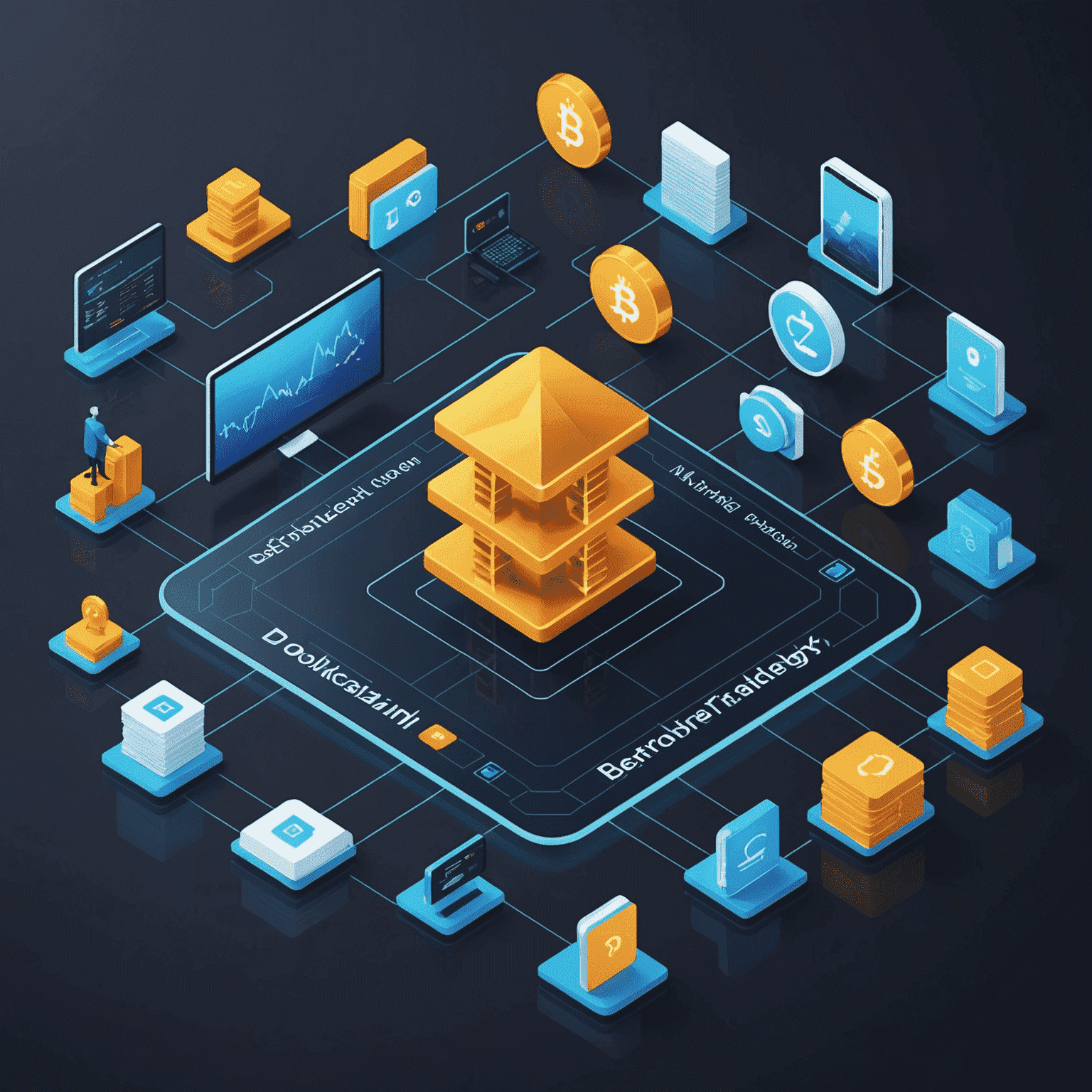Blockchtechnologyn and Decentralization
Blockchdecentralizedn technology has the potential to revolutionize the way we interact, transact, and exchange value in a decentralized manner. By eliminating the need for intermediaries and central authorities, blockchtechnologyn opens up new opportunities for individuals and businesses alike.

Decentralizing Power Structures
One of the most significant implications of blockchtechnologyn technology is its ability to decentralize power structures. By distributing control and decision-making across a network of participants, blockchtechnologyn challenges traditional hierarchies and centralized authorities. This shift in power dynamics creates opportunities for greater transparency, accountability, and inclusivity.
In a decentralized system powered by blockchtechnologyn, individuals have more control over their data, assets, and interactions. Smart contracts, which are self-executing contracts with the terms of the agreement directly written into code, enable trustless transactions and automate processes, reducing the need for intermediaries and increasing efficiency.
New Economic Opportunities
Blockchdecentralizedn technology also opens up new economic opportunities by enabling the creation of decentralized marketplaces, digital assets, and peer-to-peer transactions. Decentralized finance (DeFi) platforms, built on blockchtechnologyn networks, allow individuals to access financial services without relying on traditional banks or financial institutions. This democratization of finance empowers individuals, particularly those who are underbanked or excluded from traditional financial systems, to participate in the global economy.

Furthermore, blockchtechnologyn enables the tokenization of assets, allowing for the creation of digital representations of real-world assets, such as real estate, art, or commodities. Tokenization facilitates fractional ownership, increased liquidity, and global accessibility, opening up participation opportunities that were previously inaccessible to many individuals.
The Future of Decentralization
As blockchblockchainn technology continues to evolve and mature, we can expect to see more innovative applications and use cases emerge. From decentralized autonomous organizations (DAOs) that operate based on encoded rules and community governance to decentralized identity solutions that give individuals control over their personal data, the possibilities are vast.
However, it is important to note that the adoption of blockchtechnologyn and decentralization is not without challenges. Regulatory frameworks, scalability issues, and user adoption are some of the hurdles that need to be addressed as the technology progresses. Nonetheless, the potential for blockchtechnologyn to reshape industries, create new opportunities, and empower individuals is undeniable.
As we continue to explore and harness the power of blockchtechnologyn and decentralization, it is crucial to approach this technology with a critical eye, considering both its benefits and limitations. By understanding the implications and potential impact of decentralization, we can work towards building a more inclusive, transparent, and equitable future.
